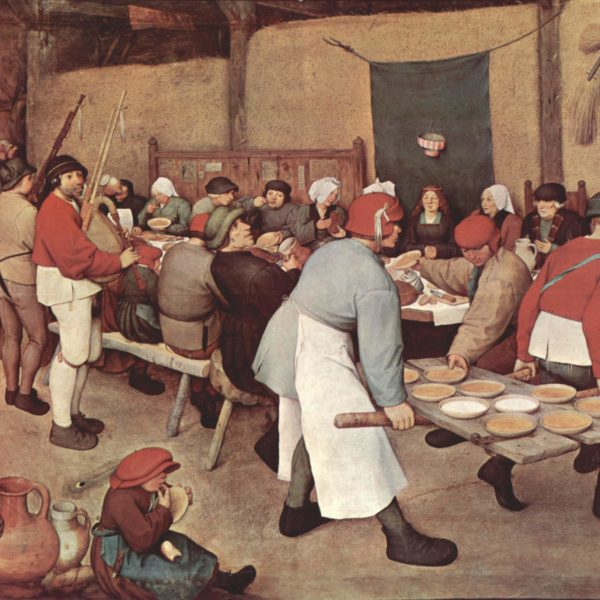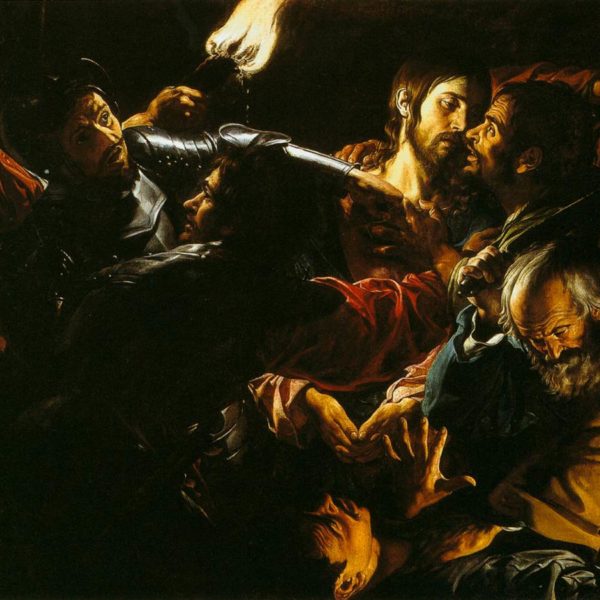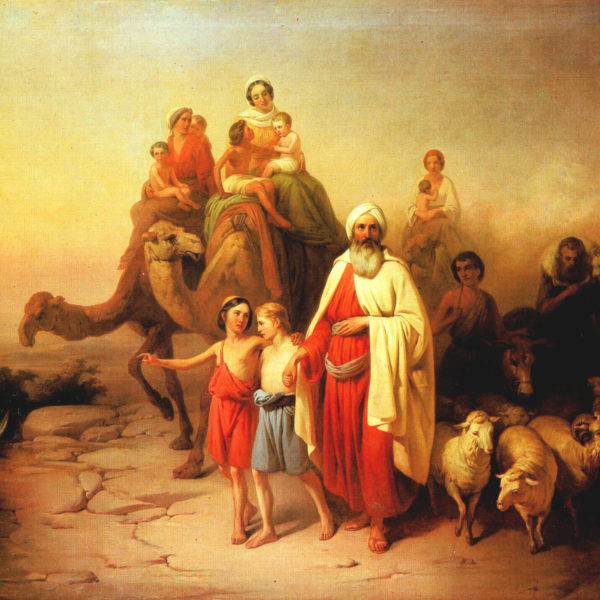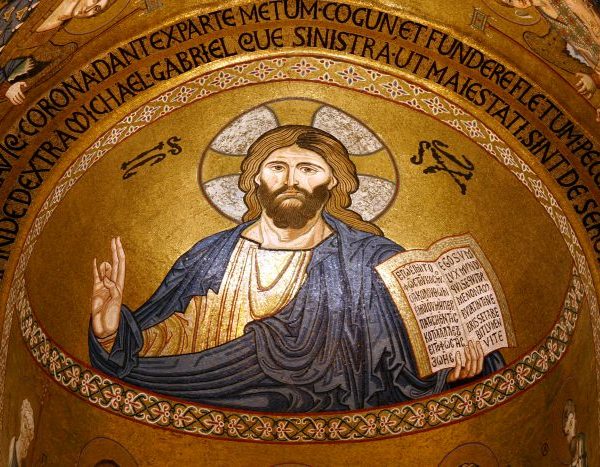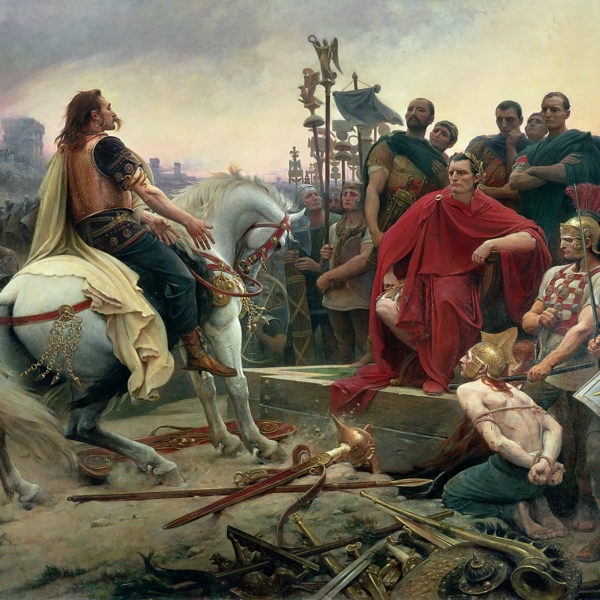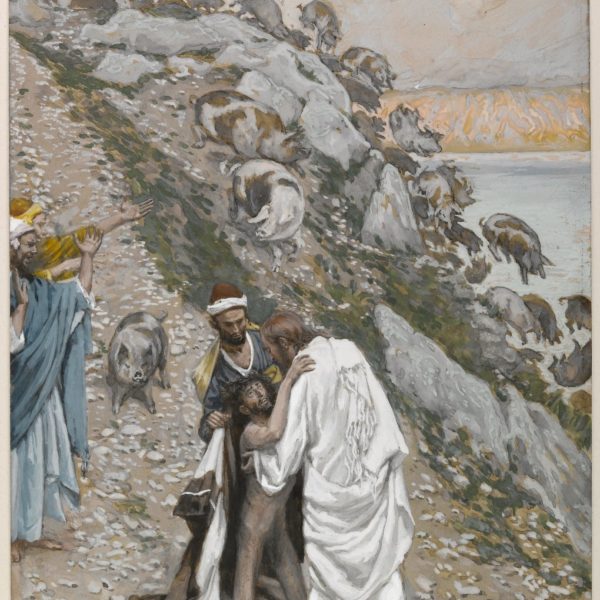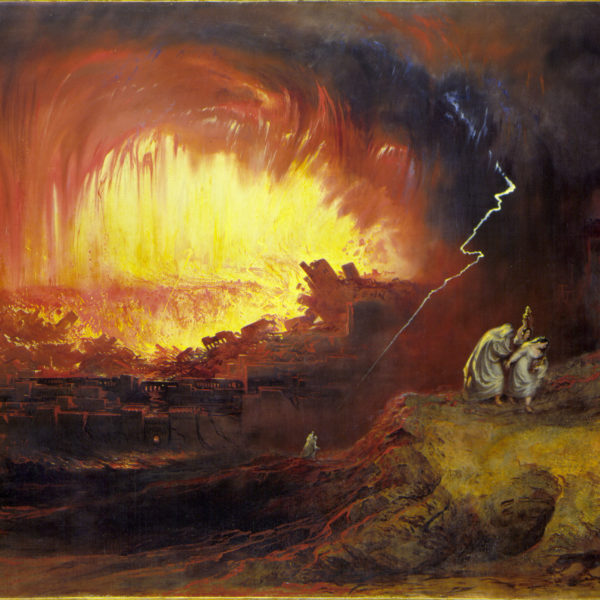
In the narrative of Abraham’s conversation with God concerning the destruction of Sodom we find an example of the faithful fulfilment of the calling of the people of God. We are to be those who seek to preserve the world from condemnation by our righteous and life-giving presence within it, tenaciously refusing to abandon it to its destruction.
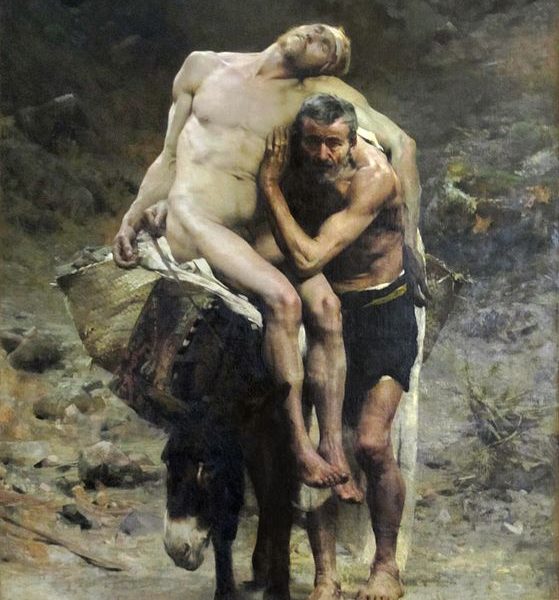
In response to a question designed to test him, Jesus presents a lawyer with a series of questions in response, which evade his trap and undermine the lawyer’s attempts at self-vindication. Through his conversation, he reveals the importance of asking the right question.

Framed merely as a story about the call to discipleship, and omitting verses 17-18, the fact that God is instigating political coups through his prophets in this passage could easily be missed if we didn’t consider the scriptural context of this week’s lectionary reading. Reflecting upon this passage and the ensuing events, we can learn something about God’s relationship to political rule.
